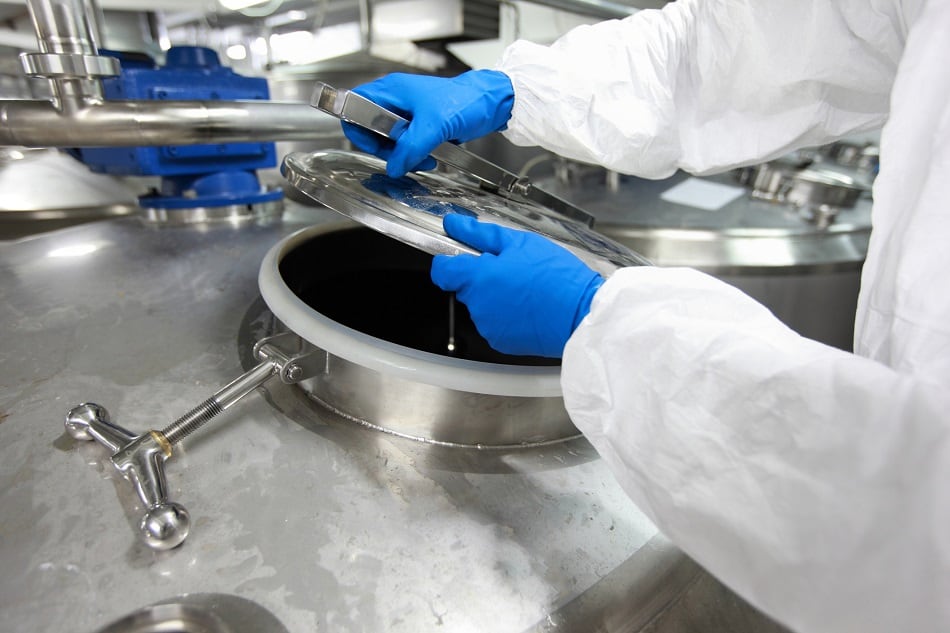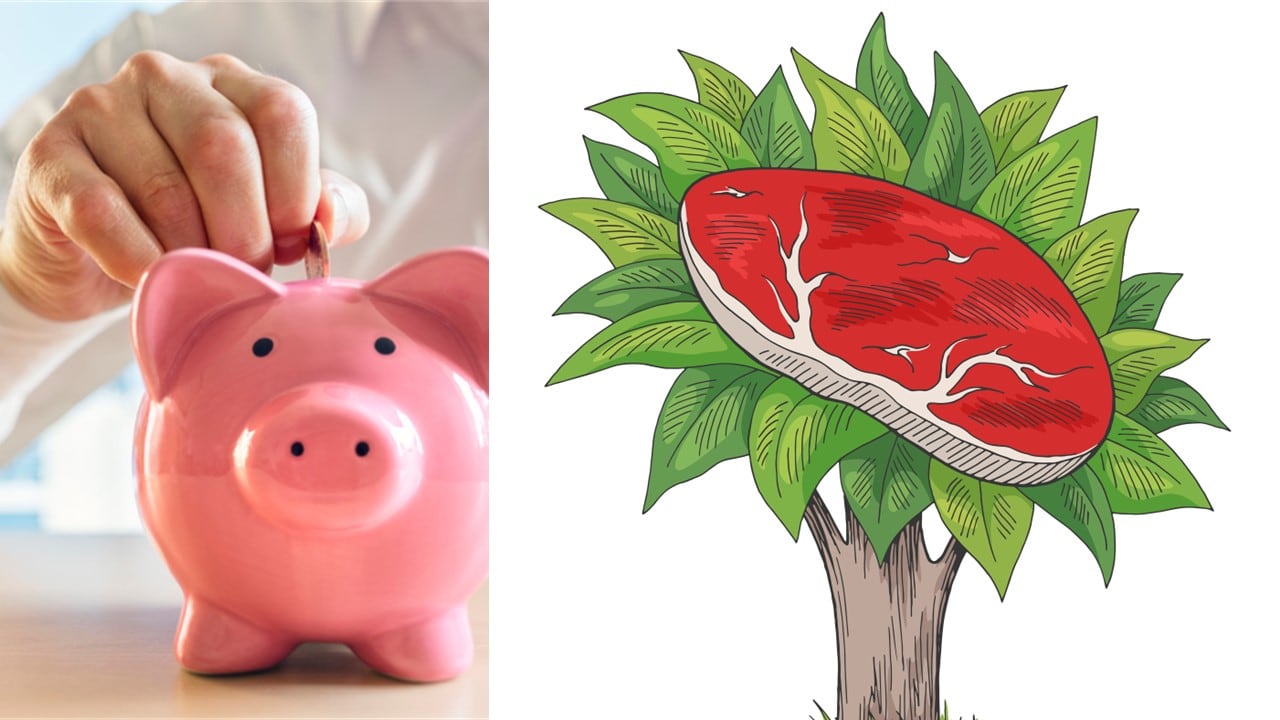Novozymes has a long history of producing catalytic enzymes through fermentation for household care, agriculture and animal health & nutrition, and bioenergy industries. In 2021, Novozymes shared a strategic plan to start heavily targeting the food, beverage, and health and nutrition market, where it could have a meaningful impact with its enzyme-based fermentation technology.
Environmentally friendly, efficient, and scalable from a production standpoint, fermentation-based products could be the key to alleviating some of the strain global food production is having on the planet, said Nannini.
“The overall macroeconomic trends of healthier, more sustainable, and affordable food are not changing,” Nannini told FoodNavigator-USA.
“In order to feed the growing population in the future, we need to start looking for new sources of protein. The global population is expected to reach 10 billion people by 2050. At that point in time, a larger proportion of people will belong to the middle and upper class. This means that the expected protein demand in 2050 will double vs. the demand in 2017. From 200 billion tons to 400 billion tons. To ensure healthy and nutritious food for 10 billion people while protecting the planet, new sources of protein are essential.
“We will need multiple approaches to feed the growing and aging population. Within our Food and Beverage and the Advanced Protein businesses, we are working on new solutions to make food better tasting, more nutritious, healthier, and sustainable.”
Alternative proteins focus
In 2021, food, beverages, and human health accounted for 23% of total company sales with a strategic priority to increase its presence and activity in the sector over the next several years.
“Novozymes’ investment in this space [fermentation-based alternative proteins] is expected to become a significant contributor to sales growth from 2024 onwards,” said Nannini, adding that the company has a rich pipeline of "advanced proteins," made using fermentation methods, for a range of nutrition and health applications coming to market in the coming years.
In August 2021, Novozymes invested $300m in a new production line in Blair, Nebraska, for a major plant-based industry player with similar investments to come, said Nannini.
“Novozymes is the world leader in producing catalytic enzymes through fermentation. This is what our enzymes business is built on. We can leverage all our expertise and technology we have from producing enzymes through fermentation into the discovery and production of protein ingredients."
He added: “Currently, we are focusing on unique ingredients enabling better plant-based food and beverage products, and proteins for specialized applications in nutrition and health, but the potential is bigger than this and could expand to application areas like companion animals and personal care."
‘Meat alternatives are just one area’
Asked about applications, he said: “The meat alternatives are just one area. Certainly, this area is where the most investments have gone so far, and unfortunately, this gold rush has created products with suboptimal taste profiles – after the novelty passed, brands lacking a true differentiating position are beginning to struggle. Launching is easy, scaling cost-effectively and achieving operational efficiencies to be relevant in mass markets is difficult,” he said.
“However, innovation and technology can enable, not only meat alternatives, but also dairy alternatives, plant-based products, and in specialized nutrition applications to name a few.”
‘Comparable sensorial attributes and affordability are critical to succeed in this market’
The main obstacle hindering plant-based analogs is that many products are not living up to consumers’ expectations around taste and the overall eating experience, an area where enzymes can help, according to Nannini.
“Comparable sensorial attributes and affordability are critical to succeed in this market. Further, products need to behave similarly to what we know from animal-based products today (e.g., how the products behave in a frying pan). Repeat purchases will improve if taste and texture as well as nutrition can be at par with or better than the animal-based protein,” he said.
“Certain enzymes can change the solubility of many proteins, which can often lead to improvements in texture, gelling, taste and so on. Other enzymes work specifically on texture or taste. It is a field that is in development, where some solutions are commercially available today, whereas others are being developed or considered.
“By applying our technology and ability to scale, we can produce enzymes and protein solutions to improve taste, texture, health, and nutrition and at the same time reduce the number of ingredients present in the final products,” Nannini added.
"Our journey has just begun.”




